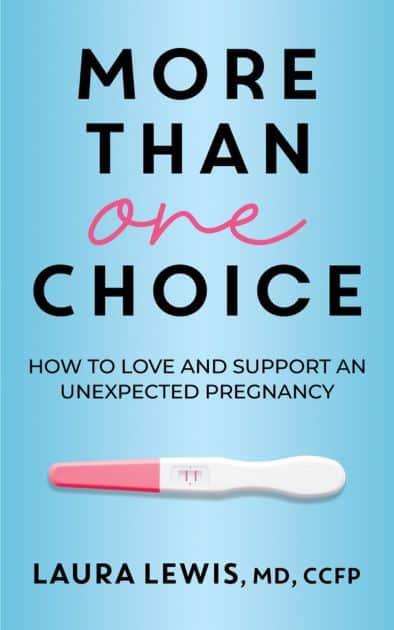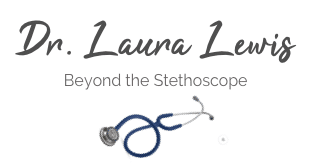March 2022
by Laura Lewis MD, CCFP
Every year in Canada, not-for-profit goods and services are exchanged in the currency of goodwill and compassion. This economy of kindness is the charitable backbone of our nation. Canadians are proud to highlight how we all pitch in, do our part, and come alongside the downtrodden in times of crisis.
It is difficult to put a price tag on the care and practical support provided for the vulnerable in our communities. At the core of this help, one will typically find a charity – a term used by the Canada Revenue Agency to define an organization that:
…use(s) their resources for charitable activities and have charitable purposes that fall into one or more of the following categories: The relief of poverty, the advancement of education, the advancement of religion, or other purposes that benefit the community.1
A hurdle has been thrown into the charitable framework in recent months. It focuses on one’s worldview and threatens to remove or hinder charitable activities if an organization is not aligned with the governing ideology of the day. This ideological hurdle may be on the path of pregnancy care centres today. Yet, its existence is a threat to other Canadian charities – a threat to the charitable backbone relied upon by many Canadians. Let us pause here and take a sober second look at how sweeping policy generalizations may threaten to erase worthwhile charities in our nation.
A mandate letter released by the Prime Minister’s office in December 2021 instructs the Deputy Prime Minister and Minister of Finance to change the Income Tax Act so that “anti-abortion organizations that provide dishonest counselling to pregnant women about their rights and options” are ineligible for charitable status.2
Pregnancy Care Canada agrees that dishonest counselling is not acceptable. As a national, best-practice organization, we agree with the shared goals of integrity and authenticity.
The concern is that the mandate letter is vague and fails to outline the process to determine “dishonest counselling.” It does not differentiate between organizations, such as Pregnancy Care Canada and our PCC-affiliates — which provide accurate information on women’s rights and options at all stages of pregnancy — and other organizations which may not.
Safeguards regarding charitable compliance are already in place through the Canada Revenue Agency, and the revocation of charitable status is reserved for the most serious cases of non-compliance, which may include intentional or repeat non-compliance substantiated by factual evidence.3 With those safeguards in place, we question if there is a legitimate need for this mandate.
I have had the privilege of helping start two local charities in our town: a soup kitchen and a pregnancy care centre. Both were established from a Christian worldview with goals to love and care for our neighbours, serve the poor, and help bring hope and support to those who may feel overwhelmed. Serving food to the hungry is rarely challenged, yet providing information and support to a woman challenged with an unexpected pregnancy or struggling from a prior abortion can provoke some people. Although unexpected pregnancy and abortion are common, they remain a difficult topic for many.
A 2012 study estimates that one out of three Canadian women will have an abortion during their lifetime.4 Assuming this number is accurate, it is fair to project that many women have been affected by abortion, along with involved partners, spouses, friends, and family members. However, the data does not indicate how many of the women felt pressured into an abortion or felt they had no other choice but abortion. There is a gap of support that exists for these women.
How many women must be affected by an unwanted abortion before their voices are heard? When do alternatives to abortion have the social license to exist – not for all, but for some; not to mislead, but to provide choice?
Today, the topic of abortion can divide a room, but there is a bridge that can unite us.
Can we come together and agree that no woman should be pressured into an unwanted abortion? Can we acknowledge that for women to make an informed pregnancy decision and have a true choice, they must have accurate information on all their pregnancy options, and there must be support for the alternatives available to them, including alternatives to abortion?
This is what pregnancy care centres provide to Canadian women every day – vital support that empowers women to make informed pregnancy decisions and receive practical help for everyday challenges. Pregnancy care centres are charity in action – a part of our charitable backbone that is worth protecting.
Originally published on the Pregnancy Care Canada blog
1Canada Revenue Agency, Government of Canada. “What is the difference between a registered charity and a non-profit organization?” (Accessed October 2021).
2Office of the Prime Minister of Canada. “Deputy Prime Minister and Minister of Finance Mandate Letter,” December 16, 2021.
3Canada Revenue Agency, Government of Canada. “The audit process for charities.” (Accessed March 2022).
4Norman WV. Induced abortion in Canada 1974–2005: trends over the first generation with legal access. Contraception 2012; 85:185–91


